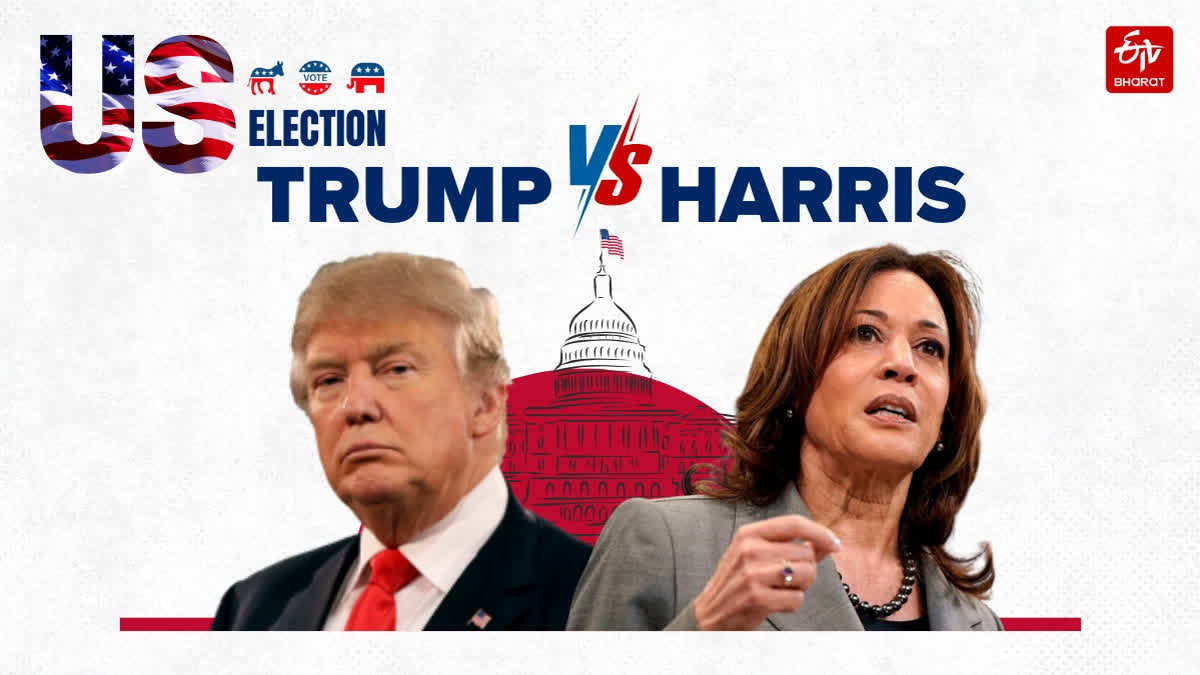The world's most challenging and most extended job interview is about to come to an end.
On November 5, Americans will vote for the 47th president of the United States in a historic election. If Kamala Harris wins, she will be the first South Asian and Black woman to be elected as the leader of the free world. If former President Donald Trump wins, it will be the first time since 1892 that someone will have won non-consecutive terms. The last candidate who achieved this remarkable feat was Grover Cleveland, who became president in 1884, lost in 1888, and came back to win in 1892.
American elections are different from the elections of every other country in the world. First, the president is directly elected by the voters, as opposed to the process in countries like India, the United Kingdom, or Canada, where voters select the winning legislative party in parliament, and its leader becomes the Prime Minister.
However, what confuses people is that the American president is not elected based on the total number of votes around the country. The so-called popular vote in America is a meaningless statistic. What matters is if a candidate wins the electoral college vote in each state. In effect, America's elections are no one national voter choice; they are the sum of 50 state-by-state election contests.
The magic number is 270 electoral college votes. In particular, all eyes are on how each candidate performs in seven so-called battleground states: Pennsylvania, Wisconsin, Michigan, Georgia, Arizona, Nevada, and North Carolina. Polling averages by RealClearPolitics, reported as of November 2, show the following chart. If Trump can hold this lead on election day, he will become the 47th president.
Political polling is as much science as an art. Taking the averages of high-quality polls conducted by independent, professional organizations will help lower the error from relying on a single survey. The RCP average is the gold standard in this regard.
Americans say in survey after survey that four issues matter the most to them: The economy (inflation, jobs, salaries); illegal immigration (nearly 20 million migrants have crossed the border since Trump left office); women's rights (including abortion); and foreign wars and America's standing in the world.
Harris's challenge has been to distance herself from President Biden's disastrous policies. The latest jobs report showed that far fewer jobs were created than expected. With Ukraine losing despite America spending $200 billion on the war and violence continuing to expand in the Middle East, Americans are questioning the wisdom of the Biden-Harris policies in international relations. Nearly 74% of Americans feel that America is headed down the wrong track. Historically, when the wrong track numbers are so bad, the incumbent candidate, in this case Harris, loses.
